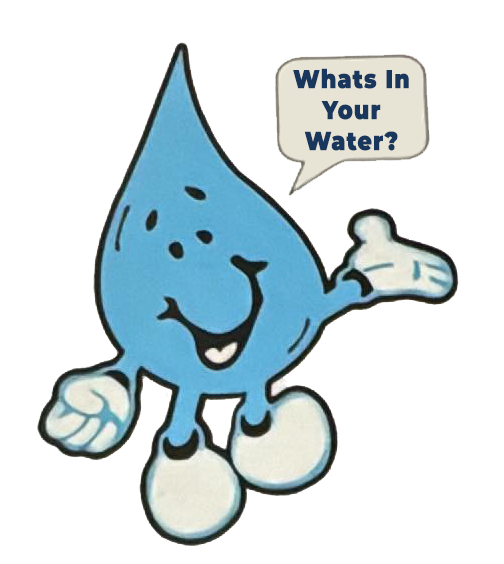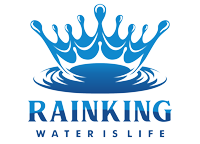Water Filters: The Essential Tool for Emergency Preparedness
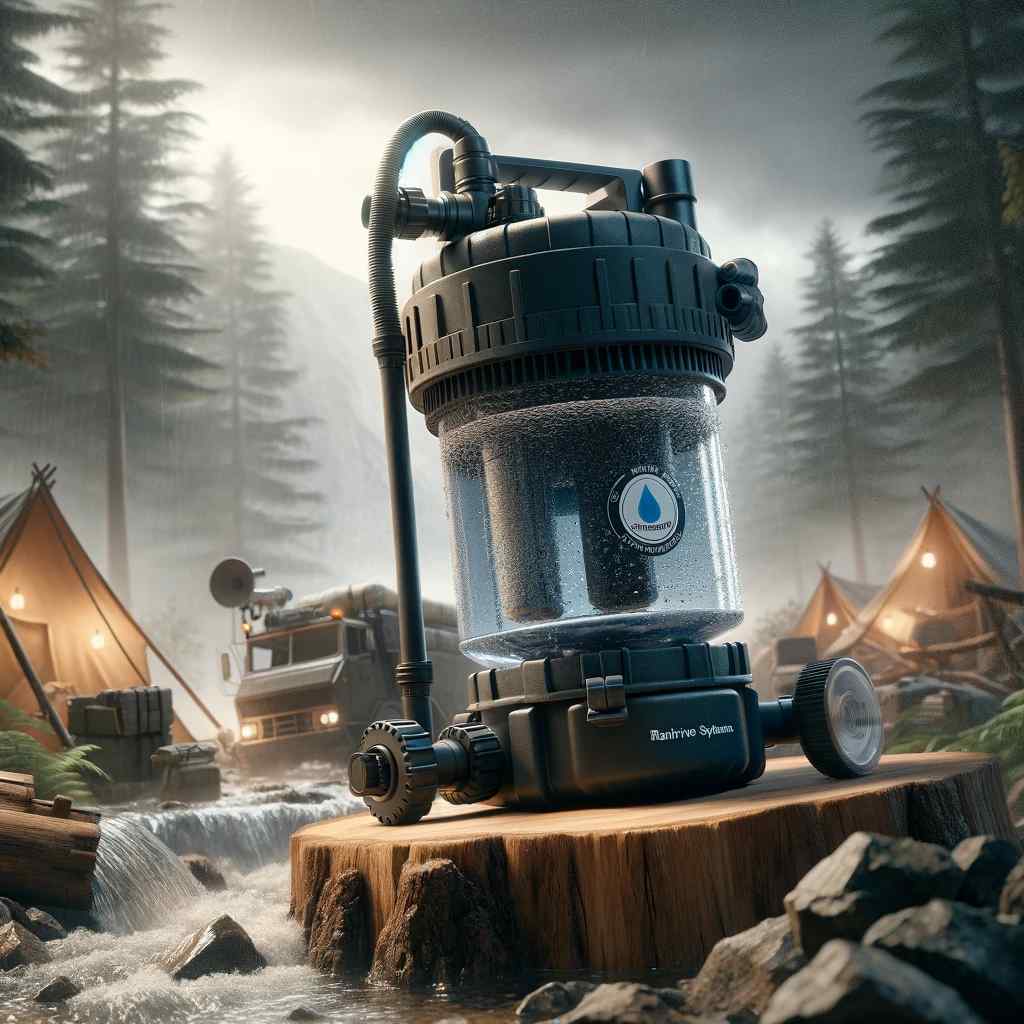
In today’s uncertain world, it’s more important than ever to be prepared for emergencies. Whether it’s a natural disaster or a global crisis, having the necessary tools and supplies can make all the difference in keeping you and your loved ones safe.
The Water Revolution: Unveiling the Future of Filtration Technology
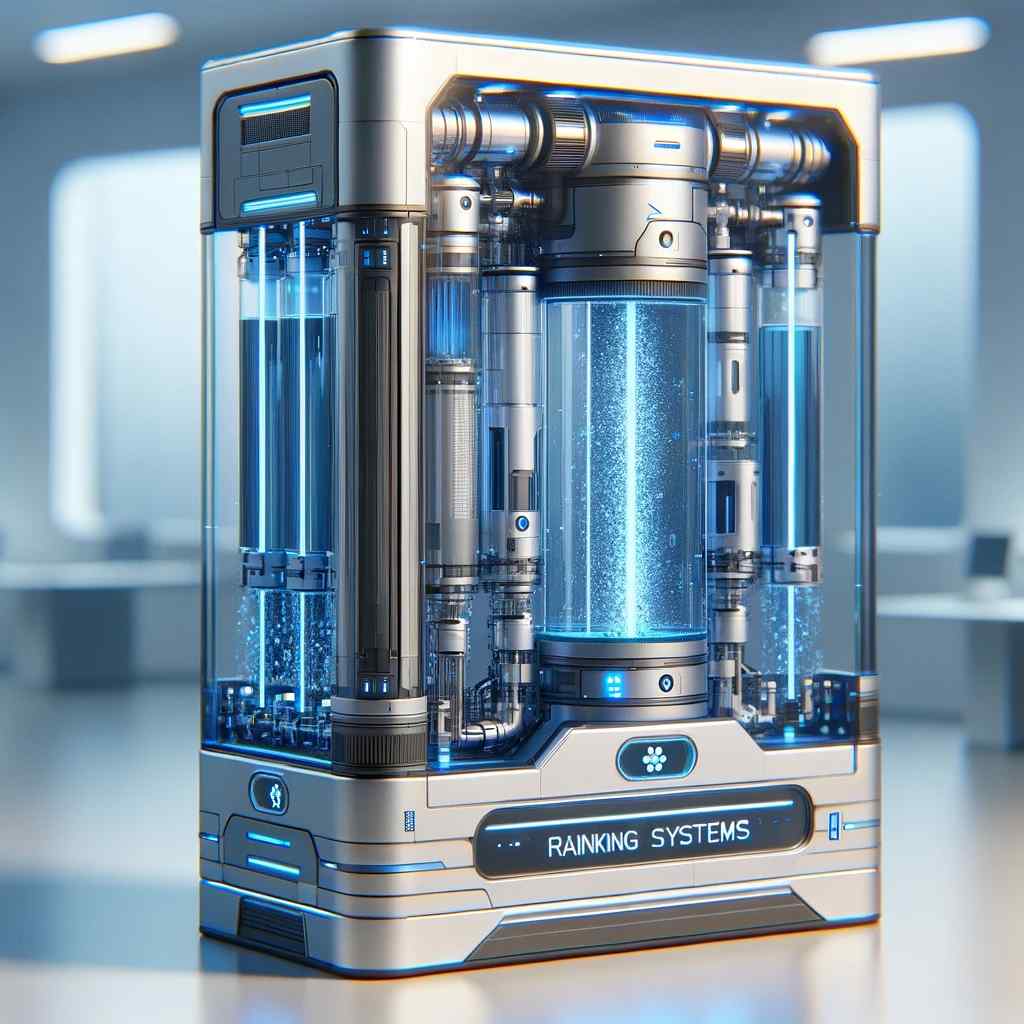
In a world where clean and safe drinking water is becoming increasingly scarce, the need for innovative filtration technology has never been more pressing.
Water Systems for Restaurants and Food Service: Ensuring Safe and Clean Water in Commercial Kitchens

Food is an integral part of our lives, and for restaurant and food service businesses, ensuring that the food they serve to customers is safe and hygienic is of utmost importance. The quality of water being used in the cooking process plays a major role in that regard. Water systems for restaurants and food service are designed to ensure safe and clean water for commercial kitchens.
When it comes to creating a safe and hygienic environment in the kitchen, having a reliable and efficient water system is essential. Quality water is a key factor in producing safe food and diminishing the risk of health problems related to food-borne illnesses and contamination. A commercial kitchen needs to meet all the local safety and sanitation regulations as well, which can be achieved by having the right water system in place.
The age-old question of how to best ensure clean and safe water for commercial kitchens has been debated for generations. In recent years, technologies have advanced so far and wide that there is no need to worry about that anymore. By installing water systems for restaurants and food service, businesses have the peace of mind that their water is safe, clean, and reliable.
Unlocking the Benefits of Water System Tools: Streamline Your Processes Now
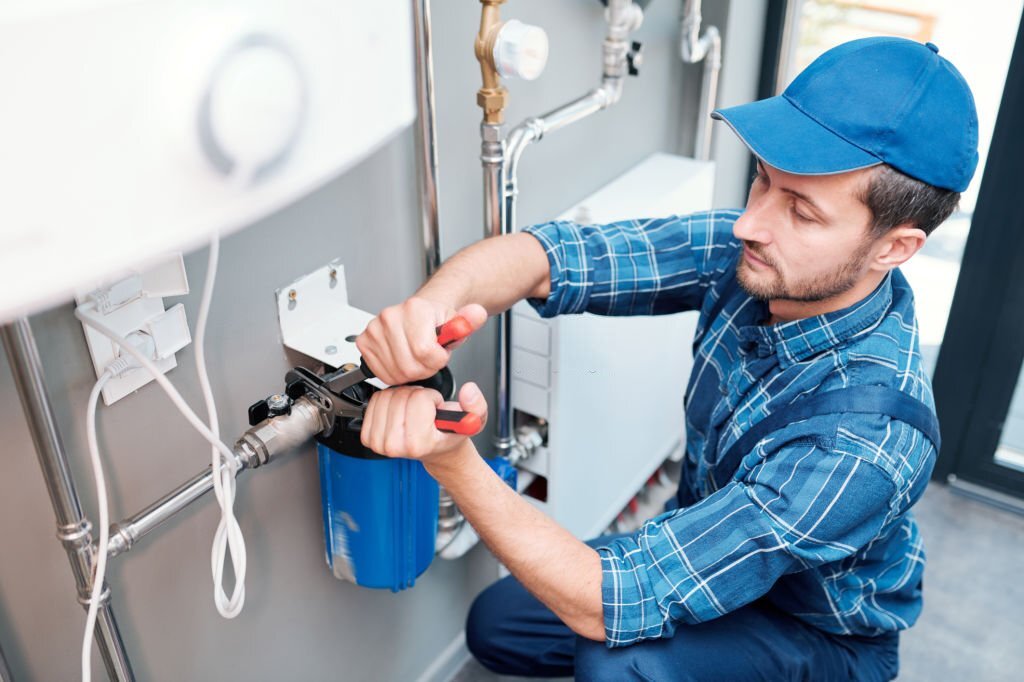
Water systems are a complex web of pipelines, pumps, and valves that govern the way water is delivered to homes and businesses. As technology advances and the need for efficient and safe water delivery increases, so too does the necessity of water system tools. From pipes to pumps, the range of water system tools that are available can be overwhelming. But any business or homeowner who relies on access to clean water knows that having the right tools is essential.
For anyone unfamiliar with water system tools, the idea of using them can be intimidating. However, these tools are designed to make water delivery more efficient and safer. With the right resources, tools, and knowledge, streamlining your water system processes is achievable. Knowing which water system tools to use to improve the safety and reliability of your pipeline system can save your business time and money in the long run.
In this blog post, we’ll look at the various water system tools available and how to properly utilize them. We’ll discuss why it is important to ensure that your water system functions optimally, and some tips on how to streamline your processes. By the end of this post, you’ll have a better understanding of how to use water system tools to optimize your water system and keep everyone safe.
7 Fascinating Facts About Water Systems
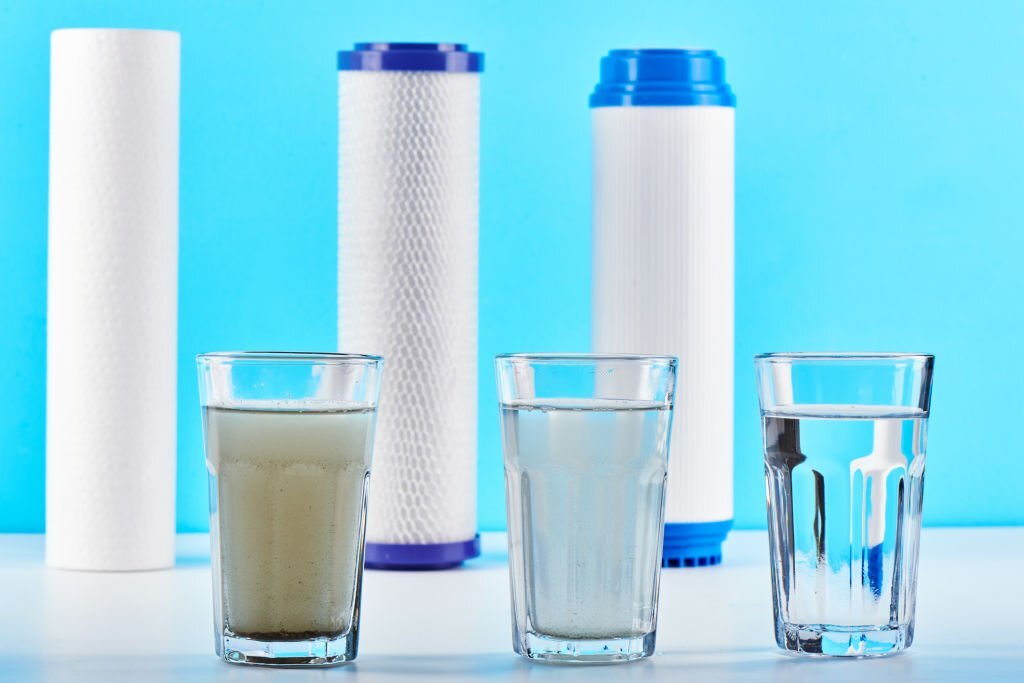
Water is one of the most essential elements of nature, sustaining all life and providing many of the world’s resources. The water systems that exist around the globe are fascinating, yet complex and often misunderstood. From the hidden organisms living in the underworlds of a river to the intricate processes of filtration, the inner workings of a water system reveal a much deeper insight into the amazing world we inhabit.
In this blog post, we’ll be exploring seven astonishing facts about water systems that you may have not heard of before. From the fascinating way water is used for energy production to the intricate details of the water cycle, these facts will leave you wondering how we ever lived without such a valuable resource. Even if you don’t consider yourself an expert in water systems, you’ll be amazed by the technological advancements and natural processes that keep our planet thriving. So, let’s dive into the depths of water systems and uncover some of the most interesting facts there are!
5 Reasons to Have a Professional Water Test for Your Water System
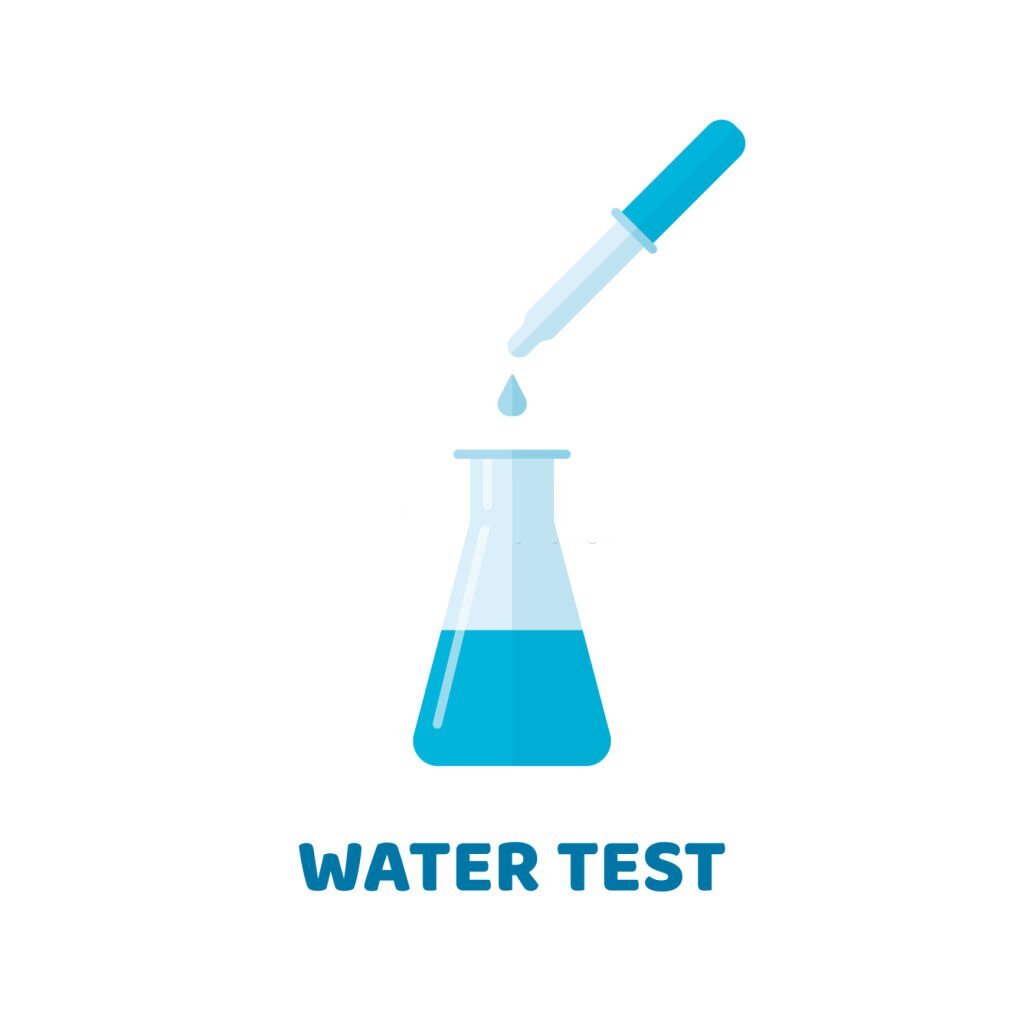
With a modern and advanced water system providing clean and safe water for all of your needs, it’s important to conduct regular water tests to ensure that everything is working as it should be. But why have a professional water test for your water system instead of doing it yourself? Getting a qualified professional to test your water system can give you peace of mind that all is well, and can even save you time and money. In this article, we will look at five of the most compelling reasons why you should have a professional water test for your water system.
This is especially true with our increasingly temperamental climate. As the environment continues to change, so do the conditions of our water systems. Without careful and accurate monitoring, pollutants or minerals can accumulate in our water systems, leading to adverse effects on our health and overall well-being. Monitoring the quality of your water system can be difficult if done without the help of professionals.
Professionals have years of experience reading and interpreting the data of water tests. They are equipped with the necessary science and technology to make sure that the results of the water tests are reliable and accurate. Through these tests, they are able to detect contaminants, heavy metals, and other contamination issues that could be invisible to the naked eye. Furthermore, only trained professionals would have the know-how to implement the best solutions to any contamination issues that might arise, thus ensuring that the quality of your water system is kept at its highest level.
So don’t let the uncertainty and doubt get the better of you – invest in having an experienced professional conduct a water test for your water system. You’ll be able to enjoy the peace of mind that comes with the knowledge that all is well with your water system. Read on to find out more reasons why you should have a professional water test for your water system.
Discovering the Right Water System For You
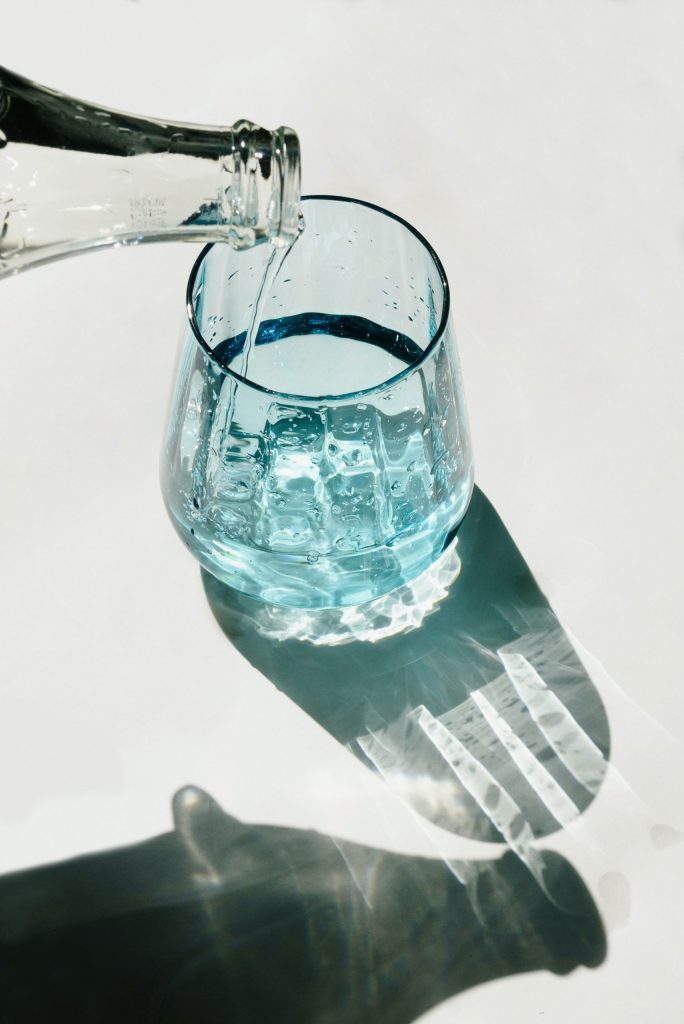
Welcome water lovers to the quest of finding the perfect water system! The modern world has many challenges and environmental issues that we must face to ensure our future on this planet. One of these issues is water supply, as a clean and healthy source of water is essential for our lives. We must be proactive in finding ways to ensure an adequate water supply and keep our water safe, which is why an efficient water system is so important.
Today, we will focus on UV water systems and how they can be beneficial to our lives. This type of water system works by using ultraviolet light to disinfect the water and remove contaminants, bacteria, and viruses. Uv water systems can provide a great deal of convenience, as they eliminate the need for manual labor such as boiling or filtering water. Additionally, because ultraviolet light is a safe and natural form of disinfection, it is better for the environment than other methods.
We will explore the different types of UV water systems available and the benefits that they can offer. We will look at the cost and the various components of the system, so you can decide whether or not a UV water system is the perfect solution for you.
10 Amazing and Fascinating Interesting Facts about Water Systems
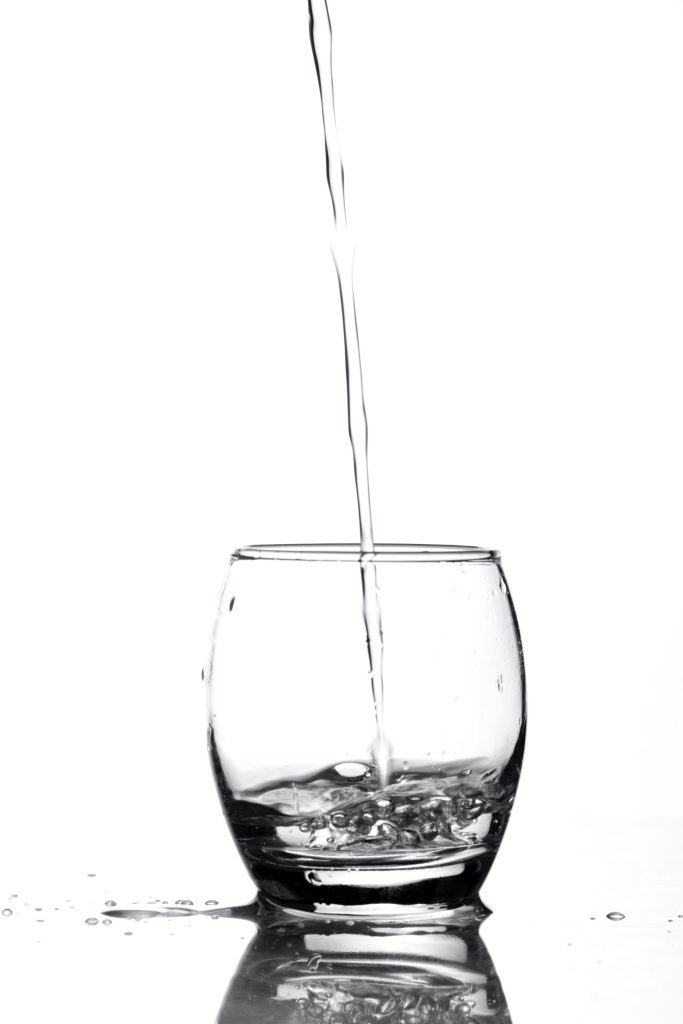
Water is a fundamental component of life on this planet, and the water systems that support it are nothing short of amazing. They have been in place over centuries and even millennia, forming the basis of transportation, food production, and domestic use. From the sluice gates of ancient civilizations to modern-day dams, each component of a water system has its own fascinating history. But, like any complex system, the details are often lost in the everyday bustle. To bring these incredible facts back into the light, this article dives into 10 amazing and interesting facts about water systems, from ancient to modern.
The first water systems date back to around 4,600 BC, when Sumerian engineers constructed an irrigation system in what is now southern Iraq. By making use of canals, dams, and waterwheels, they were able to grow crops more efficiently from the Tigris and Euphrates rivers. This form of hydraulic engineering was adopted by other ancient civilizations including the Egyptians, Greeks, and Romans and helped sustain their populations for centuries.
Water systems were found throughout the world to provide essential water resources such as drinking water, agricultural irrigation, and energy sources. In some countries, such as India, these structures are still in place and used today. They also played a role in early transportation methods, allowing goods to be moved along waterways and rivers. In fact, the Panama Canal, which opened in 1914, was the most impressive of these projects due to the immense engineering involved. It provided a shorter route between the Atlantic and Pacific oceans and enabled international shipping to take place without having to circumnavigate South America.
For those who are interested in learning more about these incredible feats of engineering, this article has 10 amazing and fascinating facts about water systems. From the impressive logistics of constructing the Panama Canal to the ancient irrigation networks of Sumerians, these facts will help paint a better picture of the complexity of water systems and their importance in our lives. So, if you want to find out more about the incredible feats of hydraulic engineering, read on for the top 10 amazing and interesting facts about water systems!
A Step-By-Step Guide on How to Remove Chloride From Water
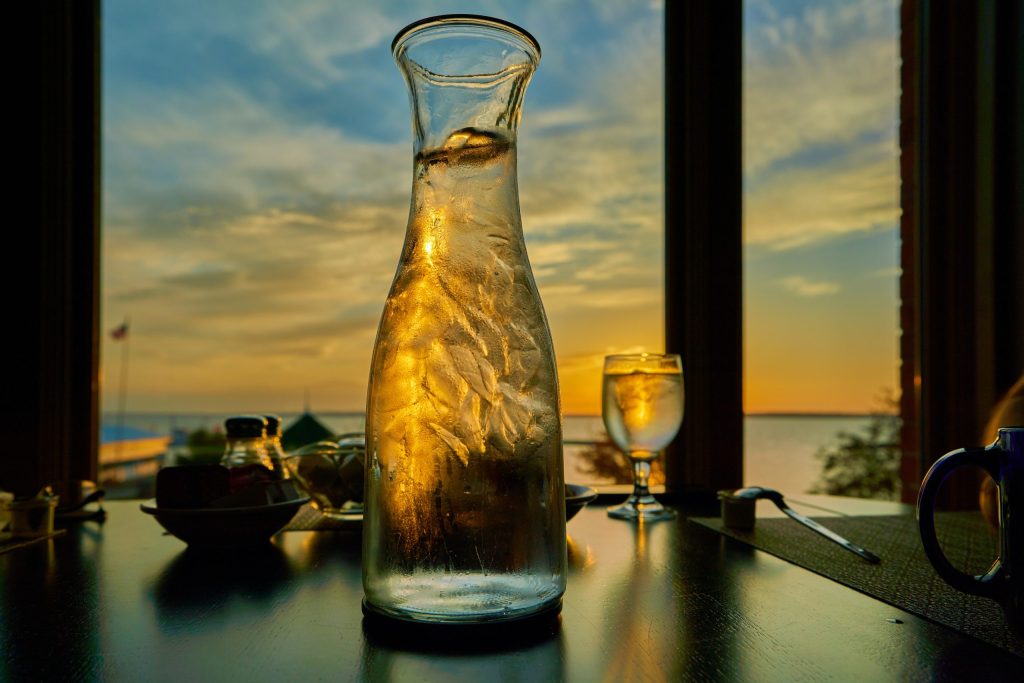
Chloride is a common element found in water and can be detrimental to our environment. With the growing concern over water pollution, it is important to know how to remove this troublesome element from our waterways. Luckily, there are measures that can be taken to reduce and even remove chloride from water. In this blog post, we will provide a step-by-step guide on how to do just that.
It’s no secret that chloride can cause serious damage to our natural ecosystems and waterways. Unfortunately, it is an element that is often present in our water supply – from oceans and rivers to wells and springs. While reducing chloride levels through preventative actions is ideal, there are times when it is necessary to take action and actually remove the chloride from the water directly.
If you’ve ever wondered how to remove chloride from water, here’s your chance to find out! Through this step-by-step guide, we’ll provide you with the information and resources you need to confidently address chloride contamination. From identifying the source of chloride to implementing the most effective removal methods, this guide will provide you with the knowledge you need to tackle chloride infestations. So let’s get started!
Unveiling the Benefits of UV Filtration Systems: An In-Depth Look
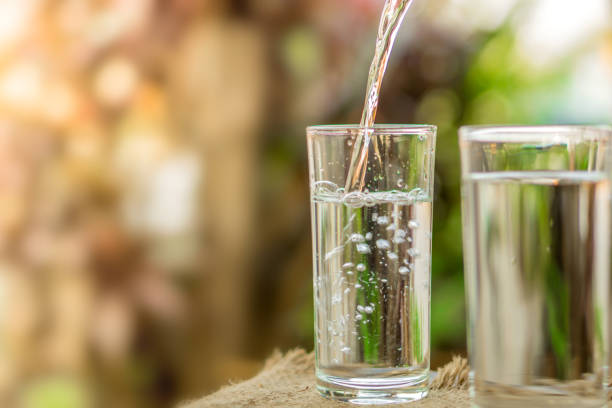
SEO keyword: UV filtration
In an increasingly polluted world, it is becoming increasingly more important to take extra steps to ensure the quality of drinking water. One of the most popular solutions to this problem is the installation of UV filtration systems. Though they may not be as commonplace as other filtration devices, these systems offer many unique advantages that are worth considering. In this blog post, we will be taking an in-depth look at the benefits of UV filtration systems and what they can do to improve the quality of your drinking water.
UV filtration systems use a powerful combination of UV light and special filters to eliminate harmful bacteria or chemicals from water. This technology relies on the basic principle of electromagnetic radiation, which is when substances are exposed to a certain type of light, the light can penetrate and break down the molecules in the substance. In the case of UV filtration systems, the UV light is used to break down the molecules of bacteria and other pathogens in the water, rendering them harmless. This provides you with clean, safe drinking water without the use of any additional chemicals.

